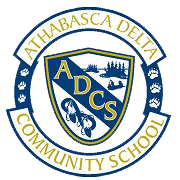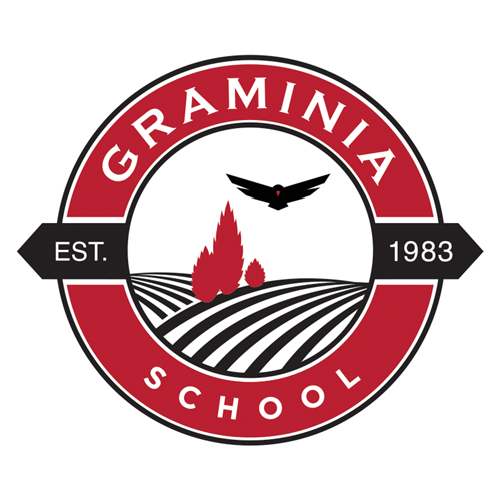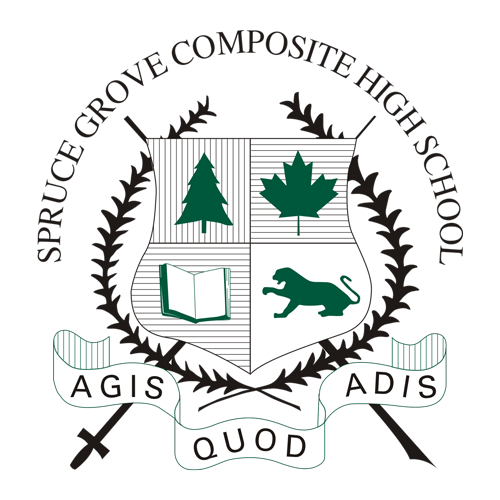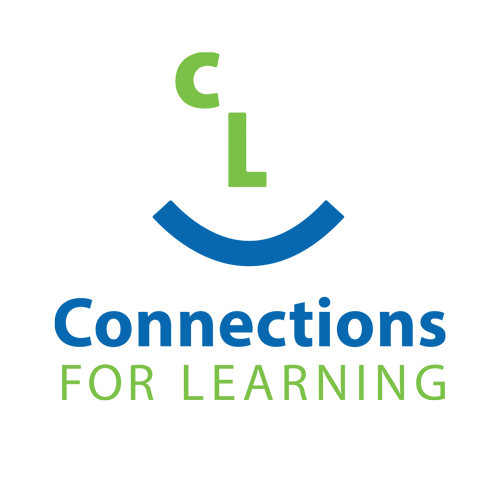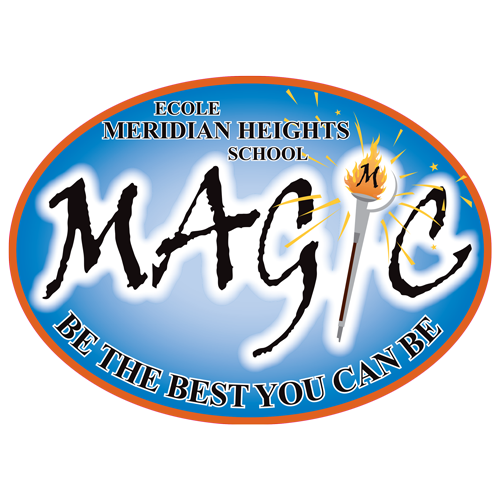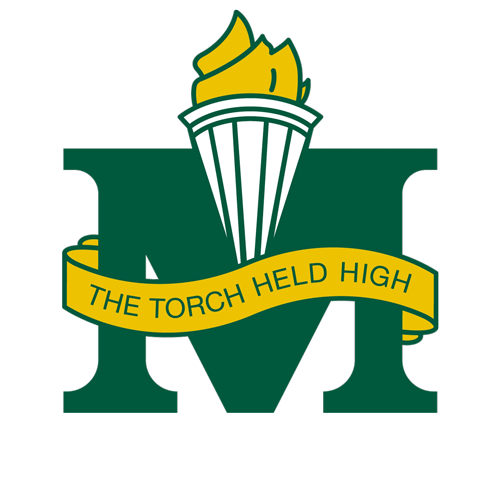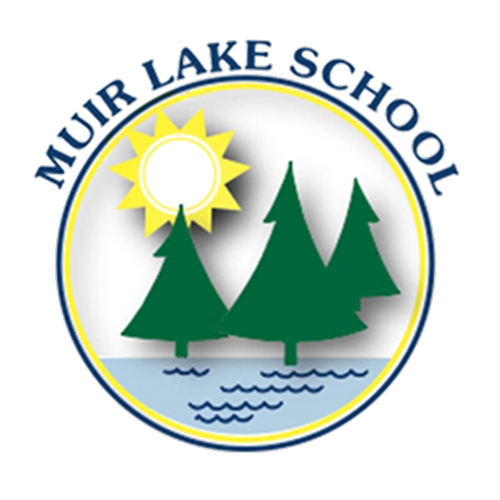AP 114: School Day and Year
Administration of Policy and Legislation
Background
The Division’s school-year calendars are developed and shared in a manner that benefits balanced student learning and provides for effective long-range planning. Given the importance of a balanced school calendar for society, stakeholder feedback is essential in calendar planning and implementation.
Definitions
a) Assignable Time: shall be defined as the amount of time within which teachers are required to fulfill various professional duties and responsibilities, as per the current Collective Agreement.
b) Instructional Time: shall refer to time assigned to the instruction to students.
c) Instructional Day: shall refer to a day during the school year when students receive instruction.
d) Non-instructional Day: shall refer to a day when school staff have duties assigned by the Board but students do not attend; otherwise known as Professional Development Days or “PD”.
e) Non-operational Day: shall refer to a day that students and staff do not attend, including but not limited to Fall, Winter, Spring and Summer Breaks and statutory holidays.
f) Operational Day: shall refer to a day on which teachers provide instruction and/or have other duties assigned by the Board (includes both instructional and non-instructional days).
g) Statutory Holiday: shall refer to any statutory holiday approved within the Province of Alberta.
h) School Calendar: shall refer to the organization of days, in a given academic year, including statutory holidays, instructional days, non-instructional days, non-operational days, and operational days.
Procedures
1. The school-year calendar shall generally be approved by the Superintendent no later than March 1st of the previous year for that calendar.
2. Working back from the March 1st approval date, a draft school calendar shall be provided for stakeholder review with a reasonable time for stakeholder response.
3. The school year shall meet the requirements as set out in the Education Act and will generally provide for:
3.1. Sufficient instructional days to meet the hours of instruction, as prescribed by Alberta Education.
3.2. Non-instructional days, as required per school year, for school professional activities, inclusive of:
3.2.1. One (1) day at the end of a standard school year;
3.2.2. Two (2) days to attend the local Alberta Teachers’ Association organized Teachers’ Convention.; and
3.2.3. Non-instructional days, as required, at the beginning of the standard school year prior to students returning to school.
3.3. Notwithstanding s. 3.1, the Superintendent may declare additional non-instructional and/or non-operational days as required.
4. The school year for kindergarten students shall be formulated through consultation with the Superintendent or designate and principals.
4.1. The Kindergarten calendar shall generally follow the Division school year but may be adjusted, providing hours of instruction as required by Alberta Education are met.
5. As determined by the school year calendar, and subject to collective agreement provisions, the following shall be considered non-operational days:
5.1. Labour Day,
5.2. Truth and Reconciliation Day,
5.3. Thanksgiving Day,
5.4. Remembrance Day,
5.5. Alberta Family Day,
5.6. Good Friday,
5.7. Easter Monday,
5.8. Victoria Day,
5.9. Canada Day (for alternate school year calendars and/or summer school),
5.10. August Civic Holiday (for alternate school year calendars),
5.11. Fall Break,
5.12. Winter Break,
5.13. Spring Break, and
5.14. Summer Break.
School Operational Calendars
6. Principals shall submit, to the Superintendent or designate, the following information by June 1 for the subsequent school year:
6.1. The opening and closing times during the day;
6.2. The noon and recess times; and
6.3. Hours of instruction.
7. In considering the school’s operational calendar, or proposed changes for the next school year, the Principal shall ensure that the proposed changes have been discussed first with the Superintendent, or designate, and the Director of Transportation Services; notably
7.1. The Principal shall additionally discuss the proposed changes with the School Council to ensure that the parents of the community are informed about the reasons for the proposed change.
Alternate or Modified School Year Calendar
8. The proposal, by school administration, for an alternate or modified school year calendar, shall provide equal or better opportunities for students, be economically feasible and shall include direct consultation with the communities, community agencies and other sites affected, particularly School Council(s) and transportation.
9. Any consideration of request for an alternate school year calendar shall be discussed with the Superintendent or designate, and approved by the Superintendent, no later than May 1st of the year prior to the change.
10. A proposal for an atypical school year requires school community support.
Instructional Time
11. Instructional Time shall be the time in which certificated teachers take responsibility for student learning.
12. During instructional time, learning activities are directed towards achieving approved curricular outcome; including:
12.1. Teacher interaction with students, either face to face or by using information and communication technology for the purpose of teaching, assessing student achievement of outcomes and related educational activities which include tutorials, discussion groups and learning skills centers;
12.2. Teacher interaction with students who are engaged in educational self-directed packages, independent study, computer assisted learning or classroom learning;
12.3. Teacher supervision of educational presentations for or by students, educational workplace learning and other educational learning activities where a teacher is required to participate;
12.4. Teacher attendance at student examinations or student tests;
12.5. Direct teacher-student educational interaction.
13. Instructional Time shall not include:
13.1. Teacher convention days;
13.2. Professional development days;
13.3. Parent-teacher interview schedules;
13.4. Teacher planning days;
13.5. Staff meetings or teacher meetings;
13.6. Statutory and school authority declared holidays;
13.7. Lunch breaks;
13.8. Transition time or other breaks between classes;
13.9. Supervised study halls;
13.10. Time taken for registration of students;
13.11. Extracurricular activities;
13.12. Graduation ceremonies or rehearsals;
13.13. Recesses; and
13.14. Any days which schools are closed.
Hours of Instruction
14. The minimal hours of instruction that a student shall receive shall be prescribed as follows:
14.1. Early Childhood (ECS/Kindergarten): 475 Hours;
14.2. Grades 1 through 9: 950 Hours; and
14.3. Grades 10 through 12: 1000 Hours (500 Hours/Semester).

